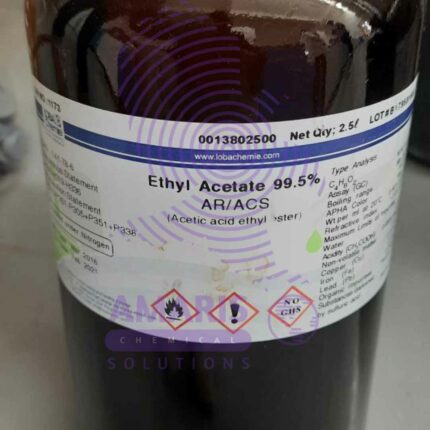
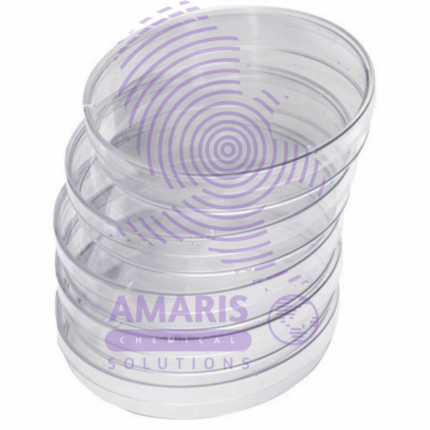
Digital Ph Meter
$7,000.00 Original price was: $7,000.00.$6,500.00Current price is: $6,500.00.
A digital pH meter is an electronic device used to measure the acidity or alkalinity of a solution. It typically consists of a probe that is immersed in the solution being tested, which contains a special electrode that generates a voltage proportional to the pH of the solution. This voltage is then converted into a digital readout on the device’s display, giving the user an accurate measurement of the pH level.
Digital pH meters offer several advantages over traditional analog pH meters, including higher accuracy, ease of use, and often additional features such as automatic temperature compensation and data logging capabilities. They are commonly used in various fields such as chemistry, biology, environmental science, agriculture, and food processing, where precise pH measurement is crucial for quality control and research purposes.
Uses of Digital Ph Meter
Chemical Analysis:
Digital pH meters are used in chemical laboratories to measure the acidity or alkalinity of solutions during chemical reactions. pH monitoring is essential for controlling reaction conditions, optimizing yields, and ensuring the reproducibility of experimental results.
Biological Research:
In biology and biochemistry laboratories, pH meters are utilized to study the pH-dependent properties of biological molecules, such as enzymes, proteins, and nucleic acids. Researchers measure pH to understand enzyme kinetics, protein folding, and DNA denaturation, among other processes.
Cell Culture and Biotechnology:
pH meters play a crucial role in cell culture and biotechnology laboratories for monitoring the pH of cell culture media, fermentation broth, and bioprocesses. Maintaining optimal pH levels is vital for cell viability, growth, and the production of recombinant proteins or pharmaceuticals.
Environmental Monitoring:
Environmental science laboratories use pH meters to analyze the acidity or alkalinity of water samples from natural water bodies, such as rivers, lakes, and oceans. pH measurement is essential for assessing water quality, monitoring pollution levels, and studying aquatic ecosystems.
Soil Analysis:
Agricultural and soil science laboratories employ pH meters to measure the pH of soil samples. Soil pH affects nutrient availability, microbial activity, and plant growth. Researchers use pH data to make recommendations for soil amendments and crop management practices.
Food and Beverage Analysis:
Laboratories in the food and beverage industry use pH meters to ensure product quality and safety. pH measurement is critical for monitoring the acidity of food products, beverages, and dairy products during processing and storage. It helps prevent spoilage, microbial contamination, and flavor changes.
Water Treatment:
Laboratories involved in water treatment and sanitation utilize pH meters to monitor and regulate the pH levels of drinking water and wastewater. Proper pH control is necessary to ensure water safety, compliance with regulatory standards, and the efficiency of treatment processes such as coagulation, disinfection, and precipitation.
Quality Control and Assurance:
Digital pH meters are essential tools for quality control and assurance in various industries, including pharmaceuticals, cosmetics, and chemical manufacturing. pH measurement is used to verify the acidity or alkalinity of raw materials, intermediates, and finished products, ensuring consistency and adherence to specifications.


 Emollients
Emollients Humectants
Humectants UV Filters
UV Filters Surfactants (cosmetic)
Surfactants (cosmetic) Preservatives (cosmetic)
Preservatives (cosmetic) Fragrances and Essential Oils
Fragrances and Essential Oils Antioxidants (cosmetics)
Antioxidants (cosmetics)
 Solvents (lab)
Solvents (lab) Chromatography Chemicals
Chromatography Chemicals Microbiology and Cell Culture Reagents
Microbiology and Cell Culture Reagents Biochemical Reagents
Biochemical Reagents Inorganic and Organic Standards
Inorganic and Organic Standards Spectroscopy Reagents
Spectroscopy Reagents Molecular Biology Reagents
Molecular Biology Reagents
 Precious Metal Extraction Agents
Precious Metal Extraction Agents
 Plasticizers
Plasticizers Polymerization Initiators
Polymerization Initiators Stabilizers
Stabilizers Monomers
Monomers Fillers and Reinforcements
Fillers and Reinforcements Antioxidants (plastics)
Antioxidants (plastics) Colorants (plastic pigments,Dyes)
Colorants (plastic pigments,Dyes)
 Fertilizers
Fertilizers Plant Growth Regulators
Plant Growth Regulators Soil Conditioners
Soil Conditioners Animal Feed Additives
Animal Feed Additives Biostimulants
Biostimulants
 Dough Conditioners
Dough Conditioners Flour Treatments
Flour Treatments Fat Replacers
Fat Replacers Preservatives (baking)
Preservatives (baking)
 Surfactants (cleaning)
Surfactants (cleaning) Builders
Builders Bleaching Agents
Bleaching Agents Enzymes
Enzymes Solvents (cleaning)
Solvents (cleaning) Fragrances
Fragrances Disinfectant
Disinfectant Metal cleaning
Metal cleaning
 Binders/Resins
Binders/Resins Pigments
Pigments Solvents (paint)
Solvents (paint) Additives
Additives Driers
Driers Anti-Corrosion Agents
Anti-Corrosion Agents Specialty Coatings
Specialty Coatings Functional Coatings
Functional Coatings Application-Specific Coatings
Application-Specific Coatings
 Sealants and Adhesives
Sealants and Adhesives
 Biodegradable Surfactants
Biodegradable Surfactants Bio-based Solvents
Bio-based Solvents Renewable Polymers
Renewable Polymers Carbon Capture Chemicals
Carbon Capture Chemicals Wastewater Treatment Chemicals
Wastewater Treatment Chemicals
 Preservatives (food)
Preservatives (food) Flavor Enhancers
Flavor Enhancers Acidulants
Acidulants Sweeteners
Sweeteners Emulsifiers
Emulsifiers Antioxidants (food)
Antioxidants (food) Colorants (food)
Colorants (food) Nutrient Supplements
Nutrient Supplements Nutraceutical Ingredients
Nutraceutical Ingredients
 Fresh Herbs
Fresh Herbs Whole Spices
Whole Spices Ground Spices
Ground Spices Spice Blends
Spice Blends
 Surfactants(oil)
Surfactants(oil)
 Antibiotics
Antibiotics Active Pharmaceutical Ingredients
Active Pharmaceutical Ingredients Excipients
Excipients Vaccine Adjuvants
Vaccine Adjuvants Nutraceutical Ingredients
Nutraceutical Ingredients Solvents (pharmaceutical)
Solvents (pharmaceutical)
 Automotive chemicals
Automotive chemicals Pyrotechnic Chemicals
Pyrotechnic Chemicals


 Vulcanizing Agents
Vulcanizing Agents Accelerators & Retarders
Accelerators & Retarders Antidegradants
Antidegradants Reinforcing Agents
Reinforcing Agents Plasticizers & Softeners
Plasticizers & Softeners Fillers & Extenders
Fillers & Extenders Blowing Agents
Blowing Agents Adhesion Promoters
Adhesion Promoters
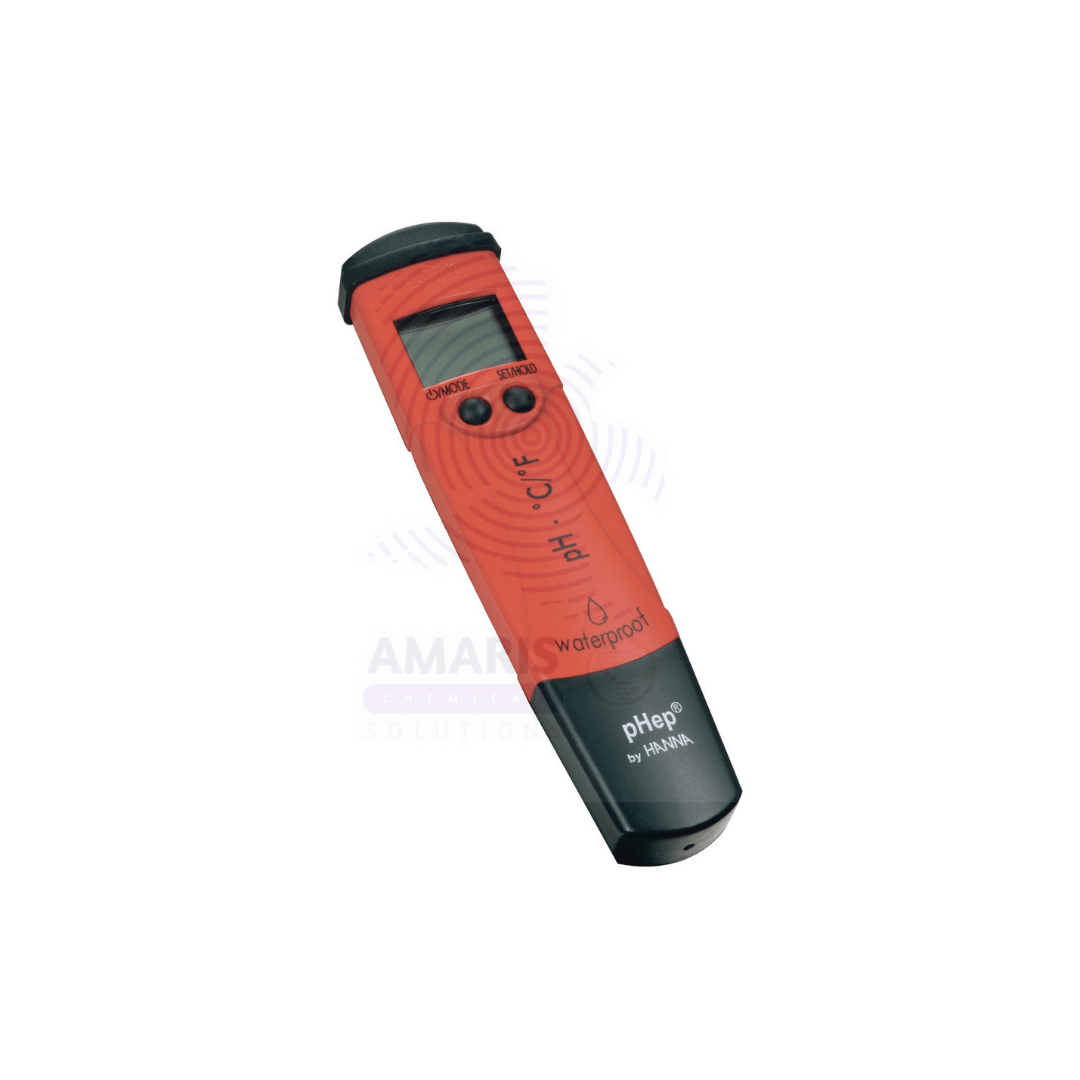
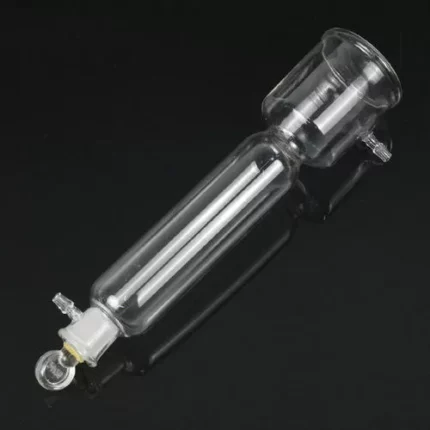


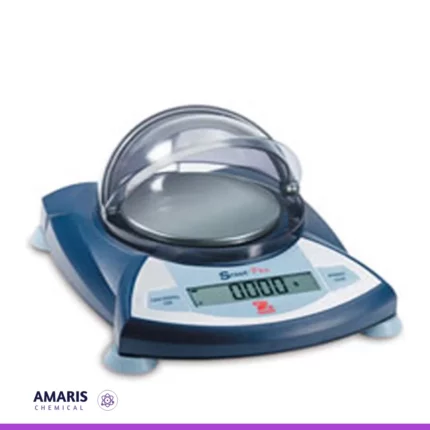

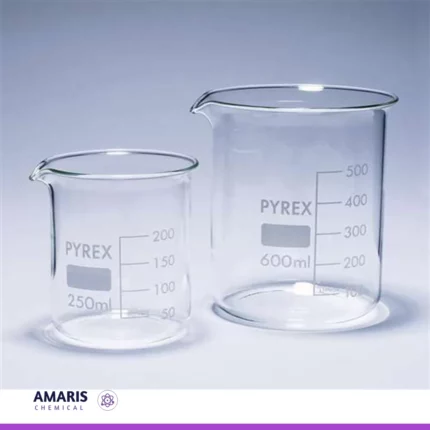















Reviews
There are no reviews yet.